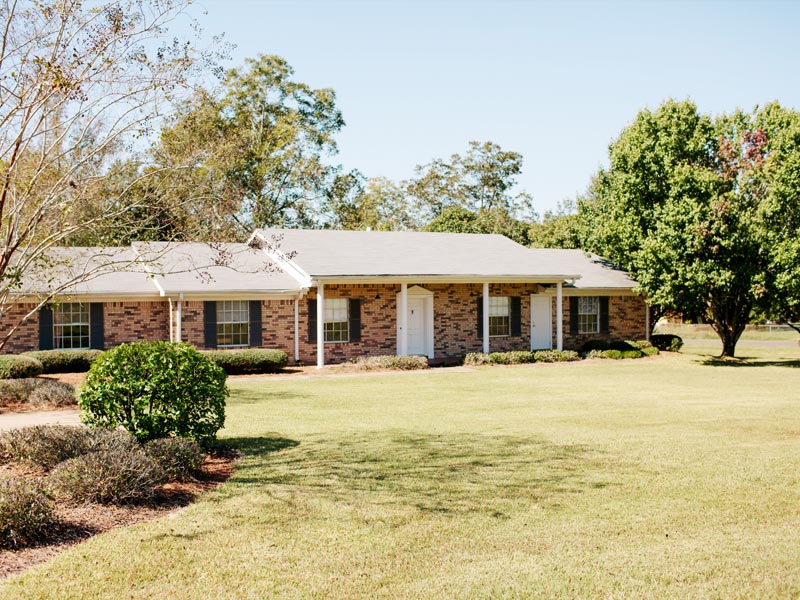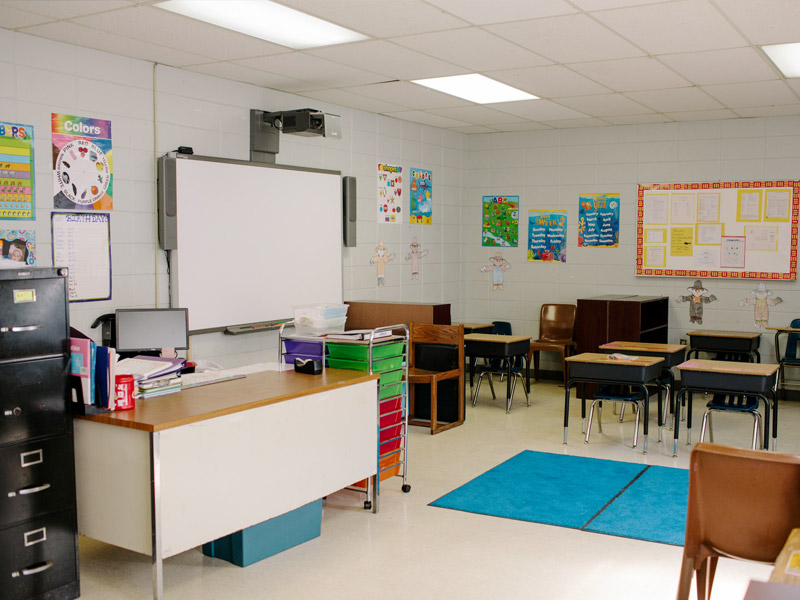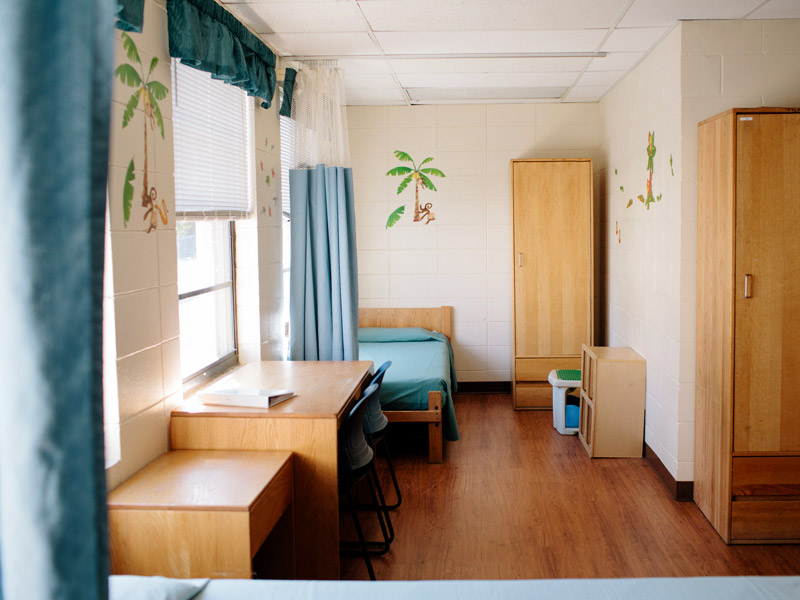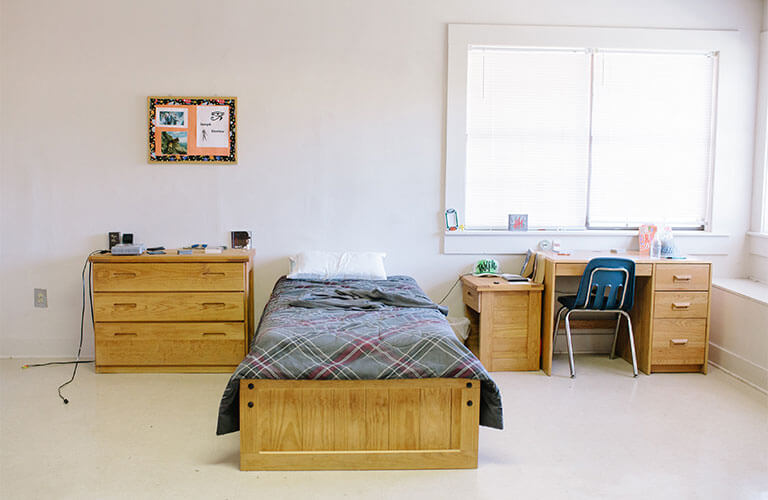Learn about the side effects, causes, signs and symptoms of aggression. Millcreek of Magee Treatment Center offers the best residential treatment and home-based programs for children & adolescents struggling with aggression.
Learn About Aggression Treatment
Learn more about aggression
Aggression refers to any behavior that is hostile, destructive, and, at times, even violent. Generally speaking, aggressive behavior has the potential to cause injury or damage to the targeted person or object. Aggression refers to a wide range of behaviors that not only result in physical harm, but also in psychological harm. Additionally, these behaviors can vary from emotional regulation problems to severe, manipulative behaviors and can occur mentally, physically, or verbally. Different forms of aggressive behavior may include engaging in things such as physical fights, hitting someone, arguing, or instigating bullying. While not commonly thought of as being such, aggression can also include non-physical behaviors that can be just as damaging, including starting rumors, excluding others, and arguing.
It is important to note that anger is a normal and healthy emotion that we all have from time to time, however, uncontrolled anger and aggression has the potential to destroy relationships, cause problems at work, or even cause an individual to participate in risky behaviors. Finally, while aggressive behavior can be very difficult to manage, in most cases, aggressive thoughts and behaviors can be controlled with proper medication and therapeutic interventions.
Causes and Risk Factors
Causes and risk factors for aggression
Aggressive behavior can develop as the result of a variety of factors, including genetic causes and learned behaviors that may have resulted from a series of experiences that have been repeated over time. In some instances, some forms of metal health disorders, or even medication side effects, can cause aggression to appear in individuals. Some of the most common causes for aggression include:
Genetic: Previously conducted research has determined that there may be a genetic link to the development of aggressive outbursts. One specific study conducted on mice showed that those that lacked a certain gene were not as aggressive as other mice that possessed that particular gene. This specific gene is also present in humans. Therefore there may be a genetic link to aggression.
Environment: It has been widely accepted that certain environmental factors, can potentially lead to aggressive, problematic behaviors. Additionally, poor parenting practices and children with difficult temperaments are also at a heightened risk.
Medications: In some cases, certain types of medication have the ability to cause a person to act in an aggressive manner. For some individuals, prescriptions pills, or even some over-the-counter medications, can cause irritability, nervousness, or other aggression-inducing feelings.
Physical conditions: Individuals who have a history of certain physical conditions, such as migraines, strokes, or epilepsy, are at a higher risk for developing aggressive behaviors.
Mental health disorders: Psychological disorders are the most common causes of aggressive behavior. While almost any mental health disorder can lead to the development of aggression, some of the most common disorders known to elicit aggression in children and adolescents include:
- Attention-deficit/hyperactivity disorder (ADHD)
- Bipolar disorder
- Conduct disorder
- Intermittent explosive disorder (IED)
- Impulse control disorders
- Oppositional defiant disorder (ODD)
- Post-traumatic stress disorder (PTSD)
- Psychosis
- Substance use disorders
Effects
The effects of aggression
When aggressive behavior is not properly treated, it can lead to a number of negative life consequences. The complications that result from aggressive behavior can include physical, psychological, and even legal consequences. Some of these effects can also include:
- Poor adjustment skills
- Academic failure
- Suspension or expulsion from school
- Truancy
- Substance abuse and addiction
- Conduct problems
- Social isolation / lacking significant, healthy interpersonal relationships
- Hospitalization
Co-Occurring Disorders
Treatment for Aggression
If you have noticed signs of aggressive behavior in your child, it would be extremely beneficial to seek advice from a mental health professional as soon as possible in order to have a physical and psychological evaluation completed. This will help pinpoint the reason for the development of the aggressive behavior and aid in developing a specific treatment plan at a facility. The treatment for aggression is conducted on an individual basis because the reason for the development of these behaviors is not identical in everyone. In most instances, the overall goal of treatment focuses on helping children and adolescents with aggressive behaviors learn how to control their anger and frustration in appropriate ways, be responsible for their actions, and come to accept the consequences of those actions.
While there are a number of different options available for treating aggression at a treatment center, in some cases, the issues that accompany the problematic behaviors that are characteristic of aggression may be best addressed through the care provided in a residential program at a treatment facility. When children and adolescents participate in this type of aggression treatment center, they are afforded ongoing monitoring, 24 hours a day, 7 days a week, by mental health professionals who are available to intervene in the event that an aggressive outburst, or other behavioral disturbance, arises. These various mental health professionals at an aggression treatment center not only provide around-the-clock supervision and support for these patient, but they also help children and adolescents learn new methods for coping with the symptoms of any existing mental illnesses. Additionally, when children and adolescents take part in a residential treatment facility, their families are highly encouraged to be an active part of the treatment process, meaning that parents, guardians, or other caregivers can receive education on what their child is going through, while also receiving the support and guidance that they need to successfully help their child. By getting care at a treatment center, children and adolescents can learn how to successfully cope with and manage their symptoms, while developing the tools necessary for continued success long after treatment has ended.



